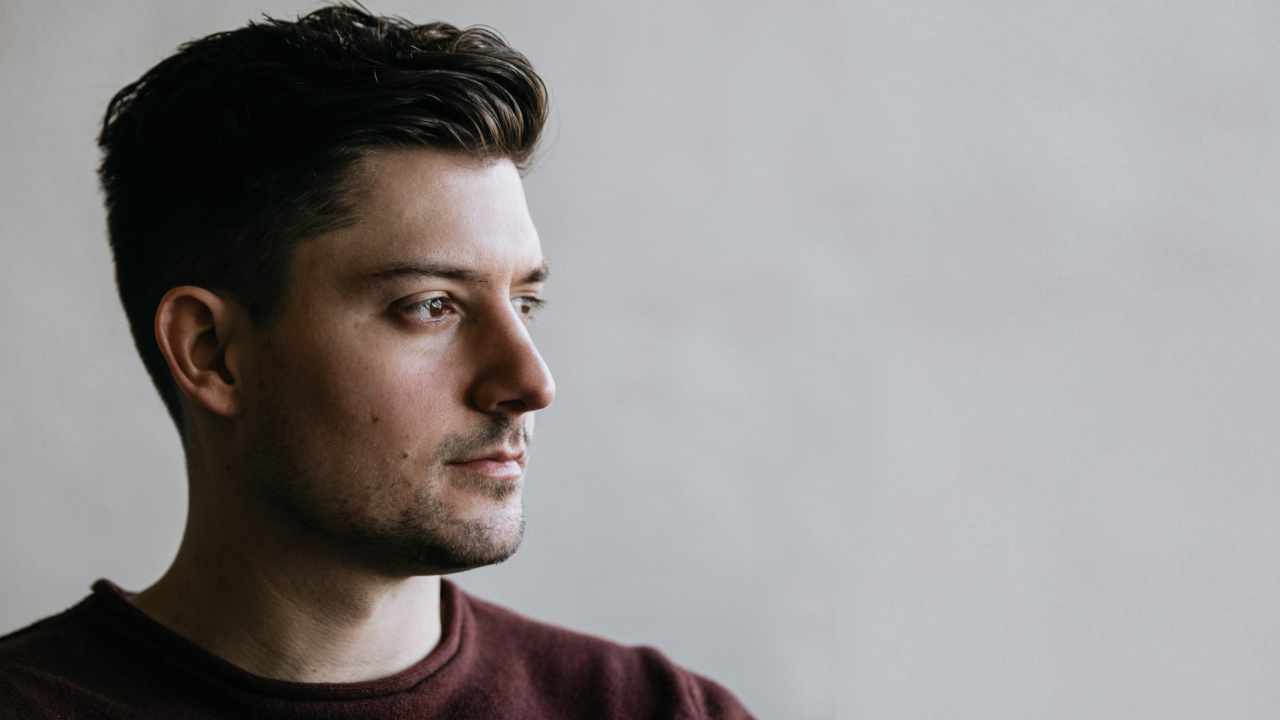- Feb 5, 2002
- 166,654
- 56,275
- Country
- United States
- Faith
- Catholic
- Marital Status
- Married
- Politics
- US-Others
Recently, Cameron Bertuzzi, the man who runs the YouTube-based ministry Capturing Christianity, announced that he recently entered RCIA at a Catholic Church and will formally enter the Church this Easter. Besides being an occasion of joy, Bertuzzi’s conversion offers an opportunity to reflect on a somewhat controversial topic: the role of apologetics in evangelization.
Some in Catholic and other Christian circles are pessimistic about the role of apologetics and argue that it has little or no role in evangelization. People convert to Christianity—we are told—by Christians living out their faith publicly and thus serving as witnesses to the potential converts. There is much truth in this point of view. After all, arguments alone do not bring people into the faith. Indeed, strictly speaking, it is false to say that any one person converts another. Rather, all conversion is fundamentally the work of the Holy Spirit. But while we can all agree that arguments and evidence themselves do not move the hearts and minds of our fellow human beings towards conversion, it doesn’t follow that they have no role, or even no major role, in the conversion of some people. Cameron Bertuzzi’s conversion illustrates that point well.
A Bit about Cameron Bertuzzi
Bertuzzi runs Capturing Christianity, which seeks to “expose you to the intellectual side of Christian belief.” The primary focus of his channel is to defend what C.S. Lewis called “mere Christianity”—that is, the most important and foundational elements of Christian belief: God’s existence, the divinity of Jesus, the historicity of Jesus’ Resurrection, and similar matters. Bertuzzi’s channel has featured some of the most prominent scholars, both atheist and Christian alike, including William Lane Craig, Graham Oppy, Edward Feser, and many others. Bertuzzi himself has engaged in debates with other leading atheist apologists, like Alex O’Connor and Stephen Woodford. Throughout these interviews, discussions, and debates, Bertuzzi shows his great zeal for truth and his willingness to seriously engage arguments—even ones that cut strongly against his own views. This trait would present itself again in his conversion to Catholicism.
His Conversion
Continued below.

 www.wordonfire.org
www.wordonfire.org
Some in Catholic and other Christian circles are pessimistic about the role of apologetics and argue that it has little or no role in evangelization. People convert to Christianity—we are told—by Christians living out their faith publicly and thus serving as witnesses to the potential converts. There is much truth in this point of view. After all, arguments alone do not bring people into the faith. Indeed, strictly speaking, it is false to say that any one person converts another. Rather, all conversion is fundamentally the work of the Holy Spirit. But while we can all agree that arguments and evidence themselves do not move the hearts and minds of our fellow human beings towards conversion, it doesn’t follow that they have no role, or even no major role, in the conversion of some people. Cameron Bertuzzi’s conversion illustrates that point well.
A Bit about Cameron Bertuzzi
Bertuzzi runs Capturing Christianity, which seeks to “expose you to the intellectual side of Christian belief.” The primary focus of his channel is to defend what C.S. Lewis called “mere Christianity”—that is, the most important and foundational elements of Christian belief: God’s existence, the divinity of Jesus, the historicity of Jesus’ Resurrection, and similar matters. Bertuzzi’s channel has featured some of the most prominent scholars, both atheist and Christian alike, including William Lane Craig, Graham Oppy, Edward Feser, and many others. Bertuzzi himself has engaged in debates with other leading atheist apologists, like Alex O’Connor and Stephen Woodford. Throughout these interviews, discussions, and debates, Bertuzzi shows his great zeal for truth and his willingness to seriously engage arguments—even ones that cut strongly against his own views. This trait would present itself again in his conversion to Catholicism.
His Conversion
Continued below.

Apologetics Isn’t Dead: Cameron Bertuzzi’s Conversion to Catholicism - Word on Fire
Cameron Bertuzzi’s conversion can offer some consolation to apologists that their work matters in bringing people to the faith.
